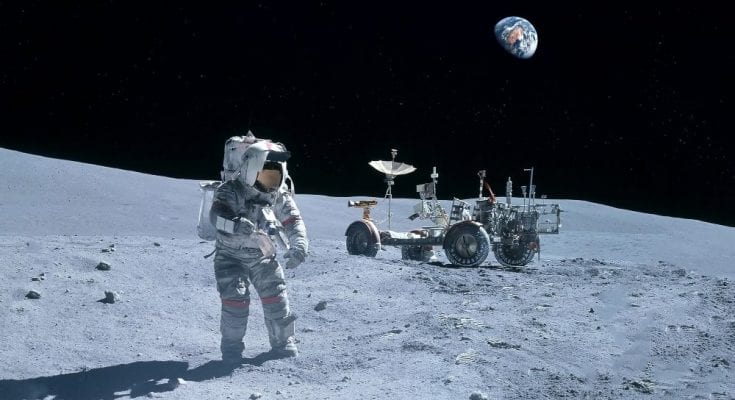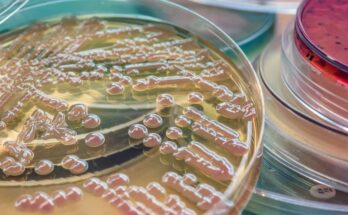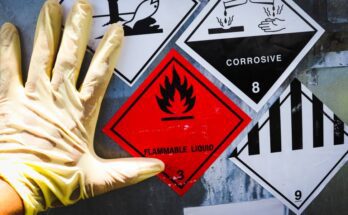You are probably wondering what exactly mass spectrometry does, so let’s start with that. Mass spectrometry is an analytical technique that measures the mass to charge ratio of molecules. Many industries use mass spectrometry, but you may not know that mass spectrometry is also used in outer space. Mass spectrometry helps us learn more about other planets and outer space, in general. Keep reading if you are interested in how space spectrometry continues to further space exploration.
Viking Project
One of the ways mass spectrometers is used in space exploration is via a rover or lander. Viking 1 was part one of a two-part mission to Mars. Viking 1 landed July 20, 1976. Viking 1 spent more than six years on Mars. During these six years, Viking 1 collected the first sample of soil from Mars. Many scientific instruments were involved on the orbiter, lander, and aeroshell during this mission. Mass spectrometry was one of the analytical techniques used during the Viking Project. A gas chromatograph mass spectrometer was used on the lander, and an upper-atmosphere mass spectrometer was used on the aeroshell.
NASA’s SAM
As previously mentioned, using a rover is one of the ways mass spectrometry is used in space exploration. In 2012, NASA’s Mars rover Curiosity used mass spectrometry and SAM to analyze a sample of soil. SAM stands for Sample Analysis at Mars. SAM analyzed the soil on mars to help scientists understand more about Mars and its atmosphere. Mass spectrometry analyzes samples from the soil of other planets, as well as any other samples that may give us information about the atmosphere on other planets. Mass spectrometry also helps us understand whether there is or could be life on other plants. Mass spectrometry allows us to learn about other planets, which helps develop more research in space exploration.
To Monitor Air Quality
Today, mass spectrometry helps scientists learn about other planets and their atmospheres, but mass spectrometry also aids astronauts in exploring space safely. Mass spectrometry helps monitor the air quality on aircrafts to ensure astronauts are safe to be in space. This may seem less exciting than sampling the soil of Mars, but this is arguably one of mass spectrometry’s most important uses in space exploration. Without mass spectrometry, we wouldn’t know as much as we do about space.



